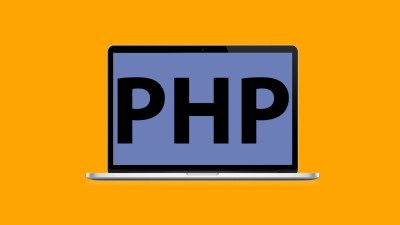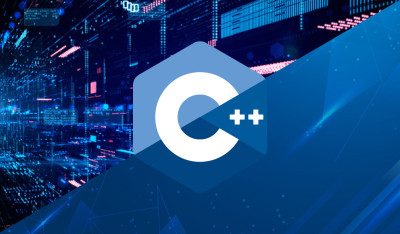Course description
1. Introduction to Python Basics: Learn the fundamentals of Python syntax, variables, and basic data types to establish a solid programming foundation.
2. Control Flow: Understand decision-making with if statements, loops for repetitive tasks, and other control flow structures.
3. Functions and Modules: Dive into the world of functions to organize code and explore the use of modules for modular programming.
4. Data Structures: Explore essential data structures such as lists, dictionaries, and tuples, understanding how they store and manipulate information.
5. File Handling: Learn how to read from and write to files, a crucial skill for managing data in real-world applications.
6. Error Handling: Grasp the basics of handling errors and exceptions to write robust and resilient code.
7. Introduction to Object-Oriented Programming (OOP): Get a taste of OOP concepts, including classes and objects, to enhance code organization and reusability.
8. Basic Web Development with Flask: Take a glimpse into web development using Flask, a lightweight web framework, to create simple web applications.
9. Introduction to Data Science with Pandas: Explore the basics of data manipulation and analysis using the Pandas library.
10. Project-Based Learning: Apply acquired skills to small projects, reinforcing your understanding of Python concepts in practical scenarios.












